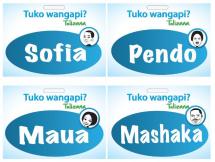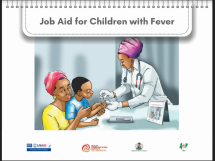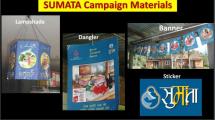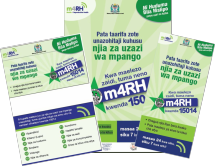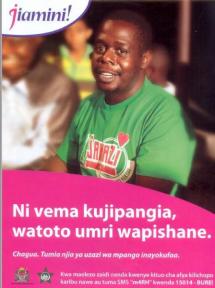Getting to Zero – Banners
Tanzania took upon itself a goal to eliminate new HIV infections in children and keeping their mothers alive by 2015. This campaign, Getting to Zero, involved the cooperation of many different sectors and stakeholders. These banners and signs were used to spread the message of the campaign in various areas of the country.
Source: Johns Hopkins University Center for Communication Programs
Date of Publication: March 25, 2019
SIMILIAR RESOURCES
Tools
Examples
- Creative Concept Mockup Example
- PrEP Communications Accelerator
- Guidance for the Prevention of Sexually Transmitted HIV Infections
- Adolescent HIV Testing, Counselling and Care
- Treatment 2015
- Driving the HIV response: Community Guide to the WHO 2013 Consolidated Guidelines on the Use of Antiretroviral Drugs for Treating and Preventing HIV Infection
- Joint WHO/ILO Guidelines on Post-Exposure Prophylaxis (PEP) to Prevent HIV Infection
- Guidance for Providing Informed-Choice Counseling on Sexual Health for Women Interested in PrEP: Kenya and South Africa
- Building Evidence to Guide PrEP Introduction for Adolescent Girls and Young Women
- Social and Behavior Change Considerations for Areas Transitioning from High and Moderate to Low, Very Low and Zero Malaria Transmission



